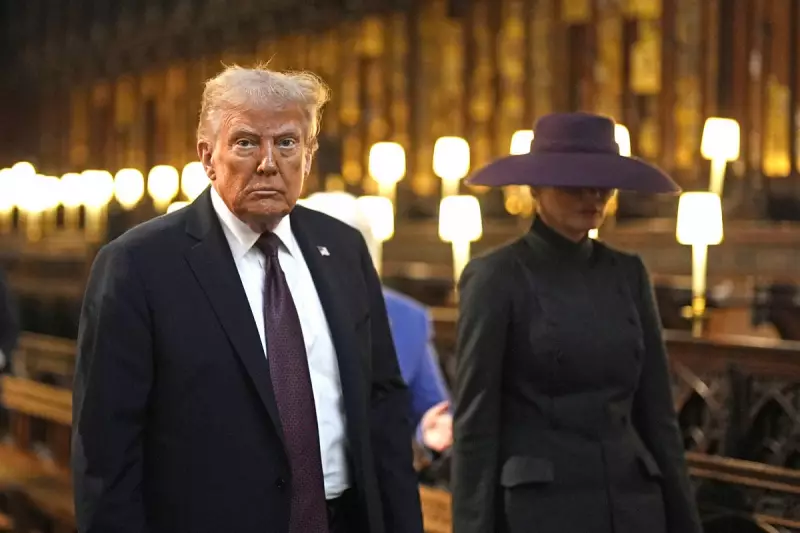
In a move that has ignited fierce debate across the political spectrum, former US President Donald Trump has officially designated the far-left, anti-fascist movement known as Antifa as a terrorist organisation.
The announcement came amidst a fresh wave of civil unrest and demonstrations sweeping across American cities. The decision, communicated via the former President's social media platform, represents a significant escalation in the administration's response to the protest movement.
A Declaration on Social Media
The policy was unveiled in a characteristically direct manner. "The United States of America will be designating ANTIFA as a TERRORIST ORGANIZATION," Trump stated. He placed the blame for the recent violence and property damage squarely on what he termed "Radical Left WEAK MAYORS & GOVERNORS" and praised the actions of the National Guard in Minnesota.
This declaration follows the former president's previous assertions, where he claimed that the organisation would be formally labelled as such. The move aligns with the views of prominent conservative figures, including activist Charlie Kirk, who had previously called for the designation.
Legal and Political Implications
Legal experts were quick to question the move's constitutional validity. Designating a domestic, decentralised group—as opposed to a foreign entity—as a terrorist organisation is unprecedented and fraught with legal challenges. Such a designation typically grants the government sweeping powers to freeze assets and prosecute individuals providing material support.
Critics have lambasted the move, arguing it is a blatant attempt to stifle legitimate dissent and free speech. They contend that it dangerously conflates isolated acts of violence by individuals with a structured terrorist network, potentially criminalising political ideology.
Charlie Kirk's Influence and the Conservative Backing
The announcement was met with immediate approval from Trump's conservative base. Charlie Kirk, founder of Turning Point USA, had been a vocal proponent of this very action. His arguments, which frame Antifa as a coordinated insurgency rather than a loose collection of activists, appear to have found a receptive audience in the White House.
This development signals a continued hardline approach from the former administration towards internal dissent, setting a contentious precedent for how future governments might handle domestic political movements.






